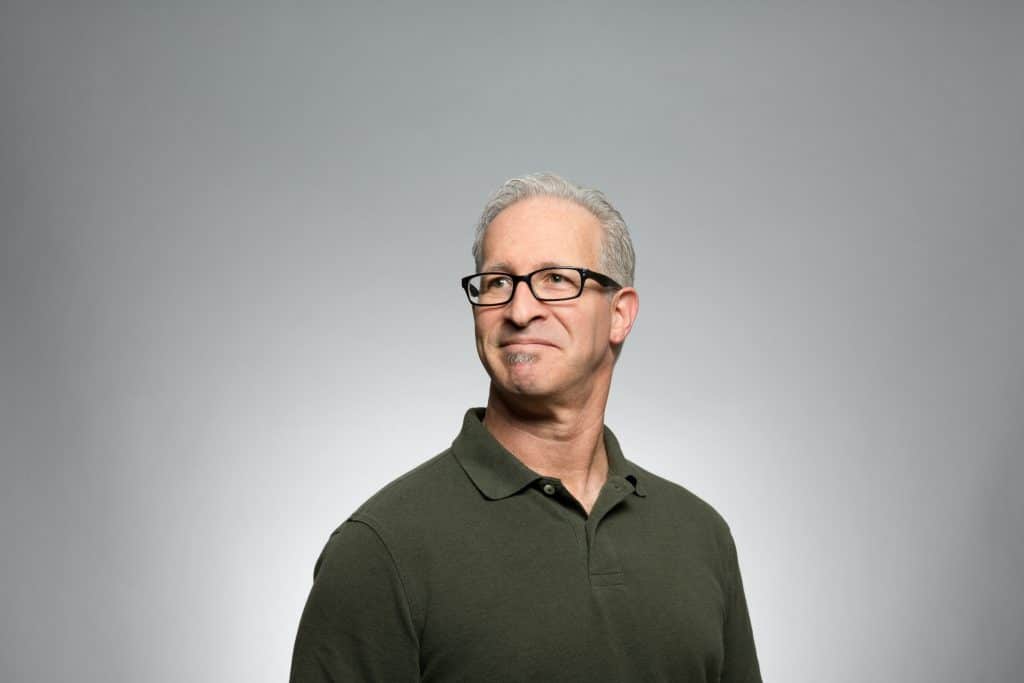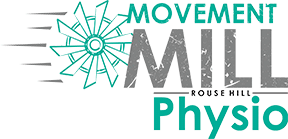If you are man from your late twenties upwards, you would have become aware that your endurance and ability to keep up with an activity you were previously very conversant with; smashing 1 hour straight in the gym is becoming a bit tougher. Another thing that tends to dip is our recovery rate. That niggle that used to take us a few days to get over is now taking us weeks. What is happening?
Ageing has been shown to influence our abilities to participate in activities. There is usually a dip as we grow older. Though normal, it should not be expected with an almost white-flag-up mentality. We have a role to play in the area of reducing our recovery times and prolonging our peak physical capacities. Growing older should never mean growing weaker. That, however, depends on you.

Here are a few tips to help us maintain OR IMPROVE YOUR physical condition.
1. Find a doctor.
It is not the best to wait until you are in your fifties and looking and starting to get hints of possible medical issues before you decide to see a doctor. Evidence shows that men who have regular doctor’s visits in their earlier years are more likely to pick-up any medical issues and chronic conditions such as prostate cancer before they become problems. We know how much chronic conditions can affect our physical abilities, so the key is to be on top of your medical health to ensure you have them in check. Choose a GP you’re comfortable with, so you can openly discuss all aspects of your health, from your mental state to your sexual function to your overall wellness.
2. Get informed.
One of the most well-known clichés is knowledge is power. I have had a few clients who picked up something wrong that most people would have ignored until it was a bigger issue down the line because they did an extra bit of research about a little niggle of stiffness they felt one morning after waking up or after a gym session. As much as personally acquired knowledge is important, you don’t want to self-diagnose. Always seek professional advice after finding out anything you feel “isn’t right”.
3. Listen to your body.

This is related to the above tip and is a key piece of advice I give to all my patients. Listening to your body is an important part of any recovery process of in fact staying healthy. Most people have what I call a scattered communication network between their minds and their bodies. They feel the unease, the tiredness, the twinges but let them linger till is in the realm of “I can’t lace my shoes”. You do not need to be a hypochondriac to be a good listener of your body. As a rule, if you notice anything different and consistent over a week, seek professional advice.
4. Vary your workouts. The body gets very comfortable when you always do the same movements, lifts or workouts. The human body is very energy efficient; it’s constantly seeking to conserve energy. When we do the same things over and over, the body finds the easiest ways to achieve these with less energy. Meaning after a while, the same exercise that caused significant gains would yield little to no results because growing takes energy. In addition, overuse of the same structures causes makes them prone to injury. There are various methods for varying and increasing load during exercise such as the 2-for-2 rule. Find which works best for you and stick to it.
5. Eat and drink water to thrive.

What this means is do not see eating well and drinking water as normal physiological responses when we are either hungry or thirsty. We need to be optimum amounts into our bodies during the day. Getting enough nutrition is crucial. Variety is the spice of life when it comes to food. It is harder to achieve optimum nutrition with few sources. Focus on consuming nutrients instead of calories
Written by Kojo Arthur, Physiotherapist


